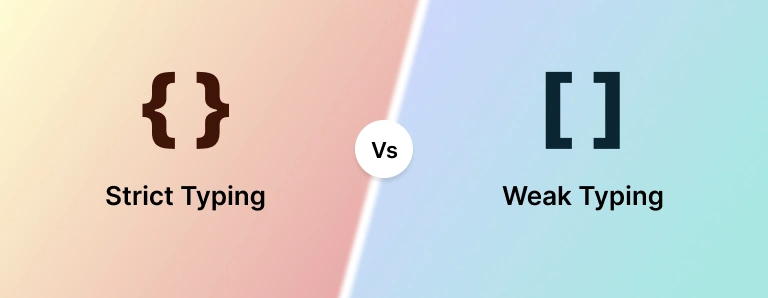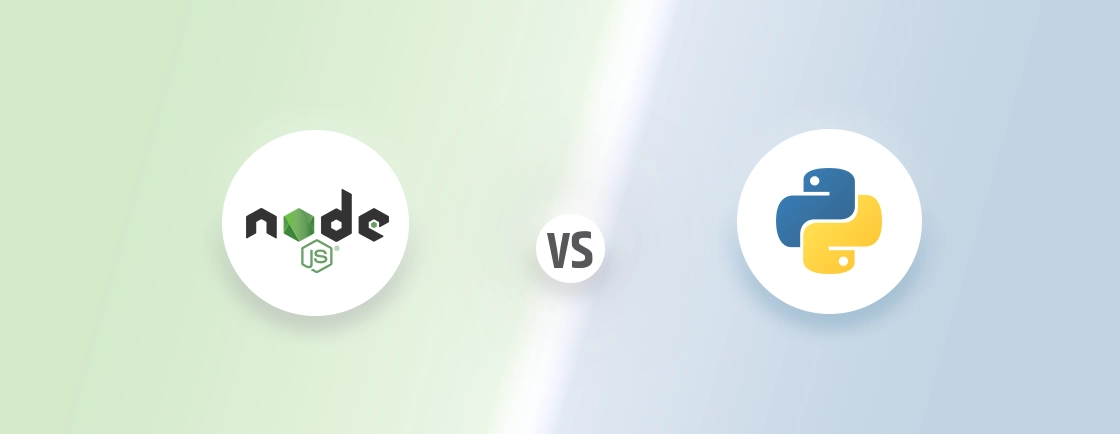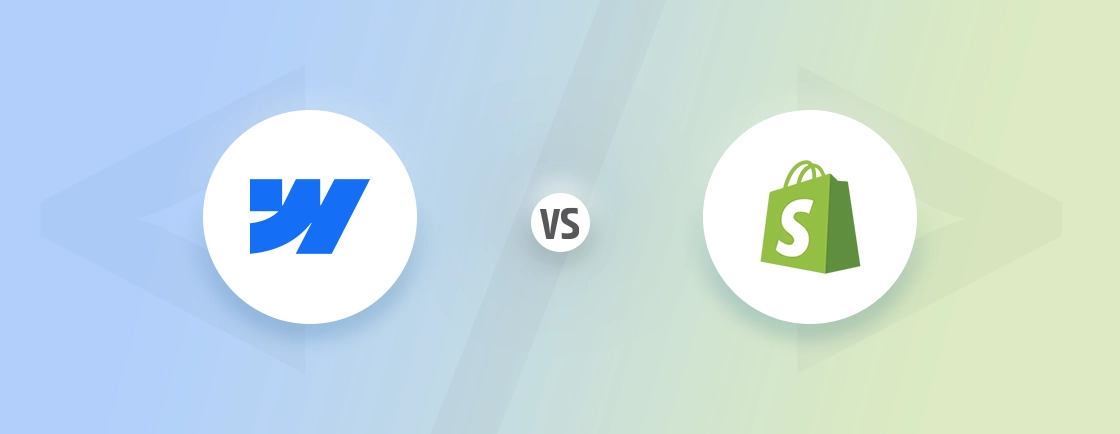Table of Contents
The first step of establishing an online presence is creating a good-quality website, and you can do that easily by choosing the best CMS. Two of the popular options for that are WordPress and Contentful. Both platforms offer unique strengths and cater to different project needs.
WordPress is known for its user-friendliness, customization, and built-in SEO features. Contentful, on the other hand, being headless, offers outstanding flexibility for modern digital experiences. So how do these platforms compare? And which one do the web development experts prefer?
That’s what we aim to cover through this blog. Let’s begin.
What is WordPress?
WordPress is an open-source content management system that powers over 40% of all websites globally. What started as a blogging platform, has now become a go-to platform for creating websites. That covers everything from simple blogs to complex eCommerce stores.
Its offers the user-friendly Gutenberg editor, which allows users to build and manage content with ease. WordPress offers unparalleled flexibility in design and layout through thousands of free and paid themes. Then there are WordPress plugins that let you integrate advanced features and functionalities with relative ease.
The platform is highly SEO-friendly, with built-in features like customizable permalinks, meta descriptions, and title tags. Plus, you can install plugins like Rank Math and AIOSEO.
While the core software is free, WordPress hosting and paid themes and plugins can add up to the overall WordPress development cost.
What is Contentful?
Contentful is a cloud-based headless Content Management System (CMS). That means separate frontend and backend, ensuring content can be distributed via APIs to websites and mobile apps. It empowers developers and content creators to manage and deliver digital content across various platforms.
Its API-first approach supports RESTful APIs and GraphQL, enabling integration with any web development tech stack. It provides a flexible content model, enabling users to define custom content types and fields for their needs.
Plus, the Content Delivery Network (CDN) ensures fast and reliable content delivery worldwide. This makes Contentful a versatile and powerful solution for modern content management and distribution.
Comparison Table of WordPress vs Contentful
| Feature | WordPress | Contentful |
|---|---|---|
| Platform Type | Traditional CMS | Headless CMS |
| Ease of Use | Beginner-friendly | Requires technical knowledge |
| Content Management | Predefined structure | Flexible content modeling |
| Design & Customization | Large theme library, some coding for advanced customization | Limited design options within platform, relies on front-end development |
| Performance | Performance depends on hosting and plugins | High performance with global CDN |
| Scalability | Can struggle with high traffic, complex websites | Highly scalable for large websites |
| Security | Requires manual updates for security | Built-in security features, automatic updates |
| SEO | SEO-friendly with plugins like Yoast SEO | API-driven, requires custom implementation for SEO |
| Cost | Free (open-source), requires web hosting | Subscription-based pricing |
| Best For | Simple websites, blogs, beginners | Complex websites, omnichannel content delivery, developers |
Detailed Comparison Between WordPress and Contentful
Choosing the right platform for your website can significantly affect its functionality, scalability, and user experience. Here is a detailed comparison between WordPress and Contentful for more clarity on both tools:
Ease of use
WordPress is known for its user-friendly interface and accessibility. The Gutenberg editor allows users to create and manage content easily without the need of technical skills. It also provides a vast library of themes and plugins that can be installed with a few clicks. This makes it easy for non-developers to build and maintain a website.
Contentful offers an intuitive web app for content creation and management. However, its headless architecture requires more technical expertise for setup and integration with a frontend system. You need to understand APIs and potentially code custom solutions to connect Contentful to the website.
Verdict: WordPress is generally easier to use for non-technical users, while Contentful may require more technical expertise, especially for initial setup.
Speed and Performance
WordPress performance can vary based on the quality of hosting, themes, and plugins used. You can optimize your site using WordPress caching plugins and Content Delivery Networks. Regularly maintaining and updating WordPress core is a best practice for an optimal website.
Contentful is designed for high performance, with content delivery managed through a global CDN. This ensures fast and reliable content delivery regardless of user location. Since the backend is decoupled, the performance of the frontend can be optimized independently.
Verdict: Contentful typically offers better performance out-of-the-box due to its decoupled architecture. On the other hand, WordPress performance is more dependent on plugins, themes, and hosting quality.
Flexibility
WordPress is highly flexible, offering thousands of themes and plugins to extend functionality and customizability. Users can create custom themes and plugins, which makes WordPress flexible without needing extensive coding knowledge.
On the contrary, Contentful allows you to define your own content models with various data types and relationships between them. Its API-driven approach supports integration with any tech stack, letting you customize how content is delivered and displayed. This makes it ideal for complex content structures.
Verdict: WordPress excels at ease of customization through themes and plugins. Conversely, Contentful offers greater flexibility for developers looking to integrate content with various platforms and technologies.
Scalability
WordPress can scale to handle large amounts of traffic and content with the right hosting and configuration. However, scaling a WordPress site may require additional plugins and optimization techniques to maintain site performance.
Contentful, on the other hand, is designed for scalability. That makes it suitable for enterprise-level applications with complex content needs. Its headless infrastructure and global CDN ensure that it can efficiently handle large volumes of traffic and data.
Verdict: Contentful is generally better suited for high scalability and enterprise-level applications. To scale a WordPress site, you need to choose a quality hosting service and effectively optimize it.
Security Features
WordPress site security depends on the hosting environment, themes, and plugins used. Although many security plugins are available, WordPress sites can still be vulnerable to DDoS attacks, SQL injection, and more.
Contentful offers built-in security features with role-based access control and secure APIs. Automatic updates ensure you’re always using the latest secure version of the platform. Plus, as a cloud-based service, Contentful manages security, reducing the burden on users.
Verdict: WordPress requires active management and proper configuration to ensure security. Conversely, Contentful generally offers more built-in security that is managed by the service itself.
SEO Features
WordPress is highly SEO-friendly, with built-in features and a range of SEO plugins like Yoast SEO and All in One SEO Pack. These plugins provide tools for adding meta tags, sitemaps, and more, making it easy to improve search engine rankings. However, technical SEO aspects might require some coding knowledge or additional plugins.
Contentful’s SEO capabilities depend on how content is delivered and managed through APIs. Thus, implementing a search optimization strategy with Contentful requires SEO expertise. They can ensure proper schema markup, content structure, and integration with SEO tools.
Verdict: WordPress is the easier option for beginners in terms of SEO. Plugins offer user-friendly tools for on-page optimization. However, Contentful allows for more SEO control with proper development implementation.
Cost
WordPress core software is free and open-source. However, you’ll need to consider the cost of hosting, domain registration, and premium themes and plugins. They can add up to the development cost based on your chosen hosting provider and other preferences.
Contentful, on the flip side, operates on a subscription-based pricing model. This means costs can vary based on usage, features, and support levels. It offers a free tier for small projects but can become expensive for larger, enterprise-level applications.
Verdict: WordPress can be more cost-effective for small to medium-sized sites, especially if free themes and plugins are used. Contentful’s costs are relatively higher if you want to make an enterprise-level site.
Final Verdict
WordPress is ideal for users seeking an easy-to-use, cost-effective CMS with extensive customization. It suits smaller to medium-sized sites well. Contentful, with its headless architecture, is perfect for scalable web solutions.
By considering the factors like ease of use, performance and costing you can choose one of them effectively. Both platforms have it’s respected features, check which of them aligns with your needs and preference.
When to Choose WordPress & Contentful?
WordPress and Contentful can both be used to build effective and efficient websites. The ideal choice depends on your specific project requirements and technical expertise. Here’s a quick breakdown to help you decide:
Choose WordPress if:
- You’re a beginner with no coding experience.
- You need a user-friendly interface for easy content creation and management.
- You have a simple website, blog, or small business website.
- You prioritize a large and active community for support and troubleshooting.
- SEO is a priority, and you’re comfortable using SEO plugins.
Choose Contentful if:
- You have complex content needs with diverse data types.
- Scalability is crucial for your high-traffic website.
- You require maximum flexibility for custom integrations and a headless architecture.
- Security is a top priority, and you value built-in security features with automatic updates.
- You have development and SEO expertise to handle setup and custom SEO implementation.
To create the best website or web application with the most suitable platform, hire web developers with us today!
FAQs About WordPress vs Contentful
Can I use WordPress and Contentful together?
Yes, it is possible to use both WordPress and Contentful together. Contentful can be used as a headless CMS to manage content, and WordPress can be used to display that content on the front end.
Are there any alternatives to WordPress and Contentful?
Yes, several other CMS options exist, such as Drupal, Wix, and Squarespace. Each platform has its strengths and weaknesses; you can compare their features to find the best fit for your needs.
Which platform is a better choice for building an e-commerce website?
Both platforms can be used for e-commerce websites. However, WordPress offers a wider range of pre-built e-commerce solutions through plugins like WooCommerce. On the other hand, Contentful can handle high traffic but requires more development efforts.
Compare the best tech side by side.
Our in-depth comparisons help you see features, pros & cons, and choose the right tools confidently.





